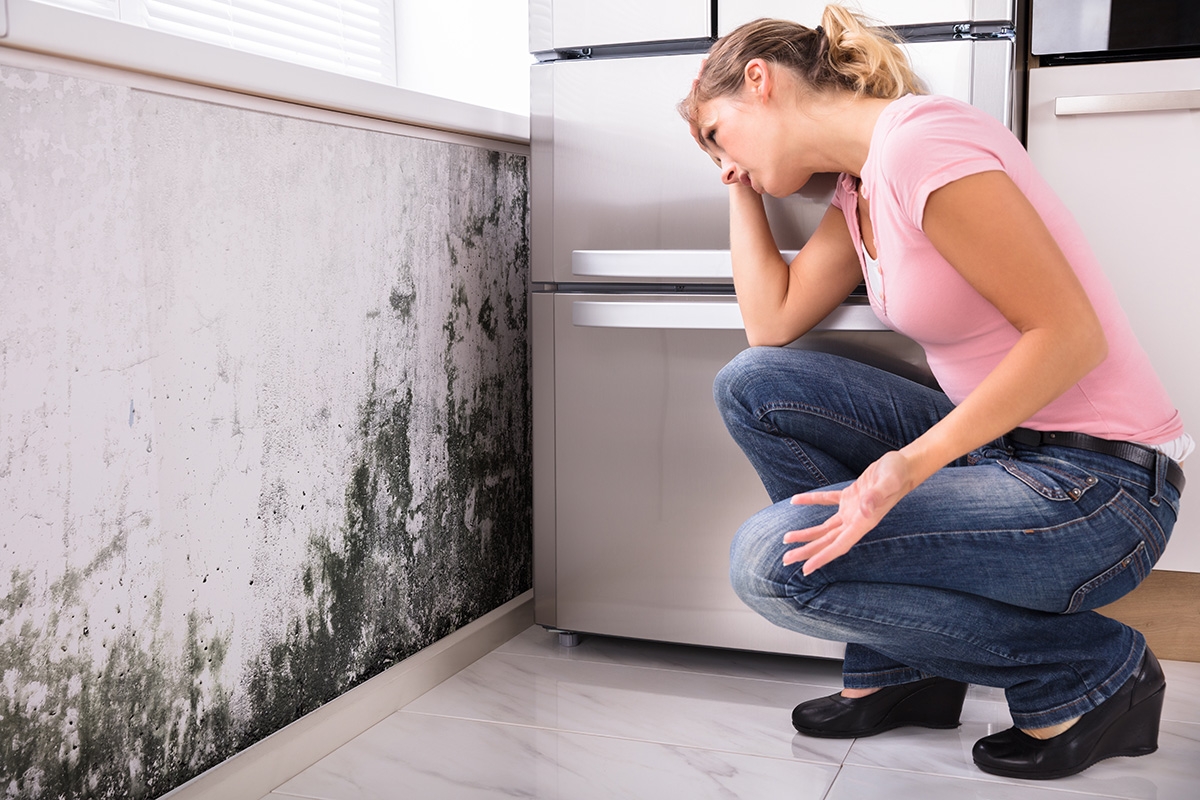Posted on 04/3/19 in Case Studies

Condensation occurs when warm air collides with cold surfaces, or when there's too much humidity in the room. When this moisture-packed warm air comes into contact with a cold surface, it cools down quickly and releases the water, which turns into liquid droplets on the cold surface.
This moisture can be quickly absorbed into wallpaper, carpets, clothes and plaster causing a musty smell and mould growth.
The two main issues which encourage condensation are:
Insufficient ventilation. The steam or water vapour has no escape from the room so settle son surfaces, turning into liquid.
Insufficient heating. Cold surfaces cause the water laden air to convert back into water more readily.
Landlords must treat tenants fairly, and at the same time, protect themselves against prosecution.
Property which is offered for rent should have adequate heating and insulation.
If there is evidence of mould, it should be removed using a mouldicide. Ideally, this should be done by a reputable damp specialist who will also carry out a survey to ensure the problem is condensation and not rising damp.
The Wykamol Eco range is long-established and championed by leading specialists all over the UK. The products have been specially formulated for effectiveness and ease of use in our laboratories.
No More Damp ThermalDry is a styrene acrylic copolymer dispersion, water-based paint, which is both thermally insulating and water repelling.
ThermalDry anti-condensation coating contains microbeads which create reflect-o-therm technology. Not only does it increase the natural temperature of the wall by 4 times, it reflects away moisture-laden warm air and continues its circulation around the room. It helps prevent condensation, black mould growth and the presence of harmful bacteria.
DrySeal Masonry Protection Cream is a BBA approved water repelling, salt-inhibiting masonry protection cream which is deeply penetrating and can be used on all types of masonry.
No More Damp Renovation Plaster is a BBA Approved, salt-inhibiting, damp resistant plaster, for use after the installation of a damp-proof system. An effective replastering specification is essential after a damp-proof course.
For more information, click <here>